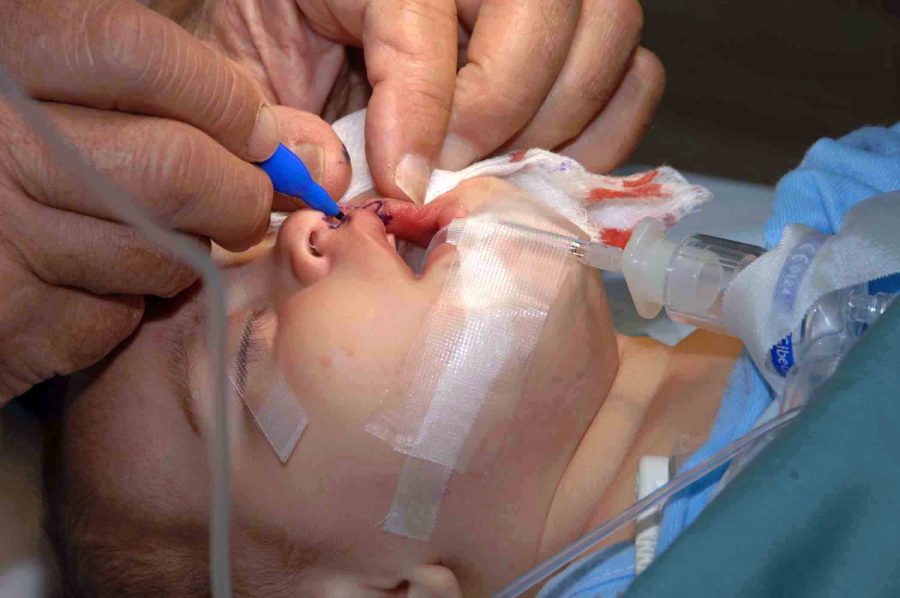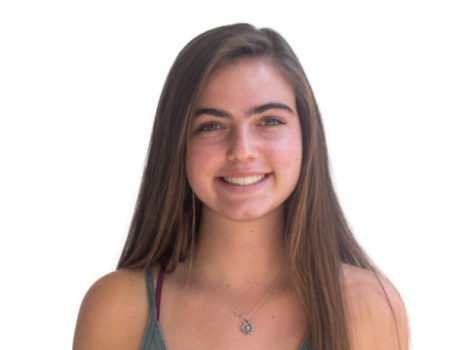At 38 years old, Isabella Dinoire underwent surgery for the world’s first facial transplant. In spring 2016, at age 49, she passed away.
In 2005, Dinoire, struggling with personal problems, passed out on sleeping pills. Her pet labrador found her unconscious and gnawed away at her face. As a result, Dinoire’s face was seriously damaged.
At Amiens-Picardie University Hospital in France, Dinoire was treated by Dr. Jean-Michel Dubernard and Dr. Bernard Devauchelle. Confronted with Dinoire’s severe disfiguration, the two doctors decided to attempt a revolutionary facial transplant over the more conventional reconstructive surgery.
Dinoire was warned that there was only a 33 percent chance of the transplant working.
“It may be someone else’s face, but when I look in the mirror, I see me,” said Dinoire in an interview with CNN a year after her surgery.
Le Figaro, a major French newspaper, reported that Dinoire rejected her new nose and mouth and was placed on immunosuppressants. Dinoire eventually developed two types of cancer due to the strong immunosuppressive drugs.
Some surgeons say that Dinoire’s surgery paved the way for more operations like it. However, because of Dinoire’s death, many people are more skeptical about transplants and reconstructive surgeries.
Some people question Dinoire’s doctors for deciding to attempt the transplant. According to the New York Times, with reconstructive surgery, Dinoire might not have had a perfect face, but she would have had a stable life.
Others believe that the doctors did the best that they could under the circumstances that they were given.
“I’m sure the doctors did not just blindly decide to perform the surgery and that they genuinely thought it would be the better option,” said junior Dominic Susa.
According to the Chicago Tribune, Dr. Jean-Paul Meningaud, the head of the reconstructive surgery department at Henri Mondor Hospital said the medical community has learned from Dinoire’s experience and that her surgery was “an unquestionable success.”
However, in light of recent events, Meninguad suggested stopping performing facial transplants until the risks are properly considered.
“It’s a rather high price to pay for the patient. It’s time to mark a pause,” Meninguad said to the Chicago Tribune.


